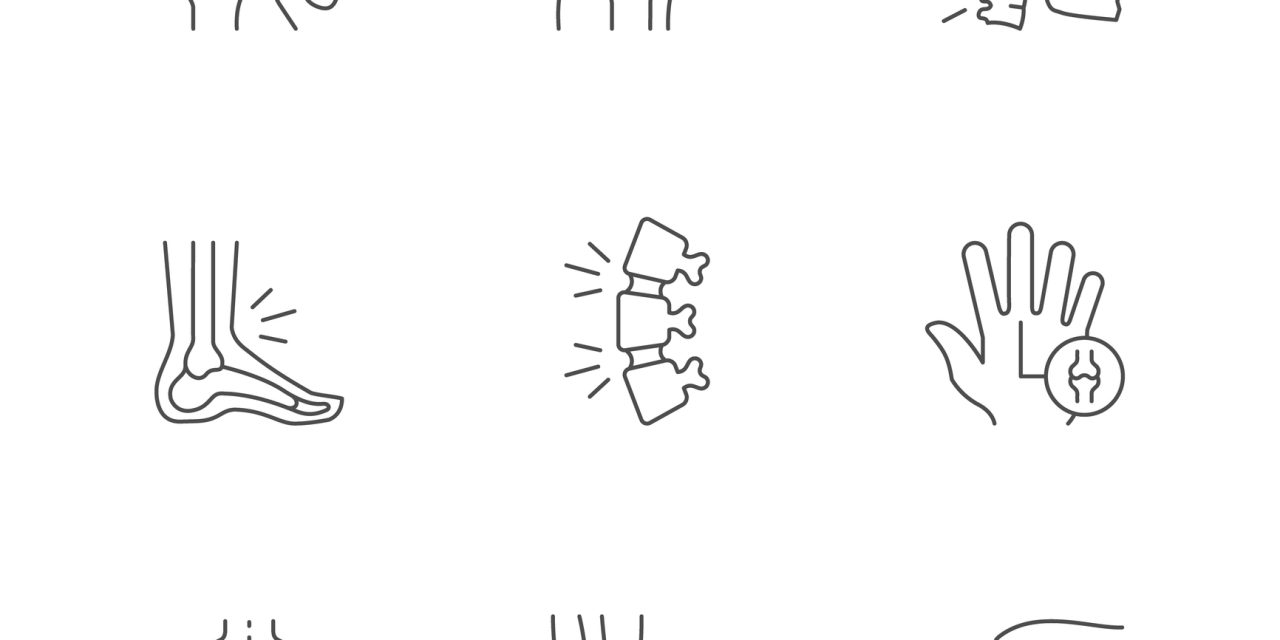The aim of this study is to understand Neighborhood-to-neighborhood variation in child morbidity is paralleled by variation in how different populations experience the social determinants of health.1 Such factors encompassing “the conditions in which people are born, grow, work, live, and age” are often shaped by policies.2 Participants in civic life, voters, influence policies in ways that affect health outcomes and outcome disparities at a population level.3 Although data are limited, and primarily constrained to adults, voting has been linked to better health via bolstered social capital, realized through enhanced interpersonal trust and social connectivity.4, 5, 6, 7 More voting, volunteering, and organized group involvement have been associated with a lower odds of fair or poor health status.
Although most work linking civic engagement to health has been pursued with adults, it stands to reason that such behaviors would also influence health outcomes in childhood and across the life-course.8,9 Moreover, medical professionals are increasingly grappling with their role as advocates in general and potential promoters of civic engagement, more specifically, through actions in their communities and examination rooms.10,11 Pediatricians and their partners have the potential to be incredibly powerful promoters of civic engagement, and voter participation, especially if there is a link directly back child health.
Reference link-https://www.jpeds.com/article/S0022-3476(21)00353-X/fulltext


